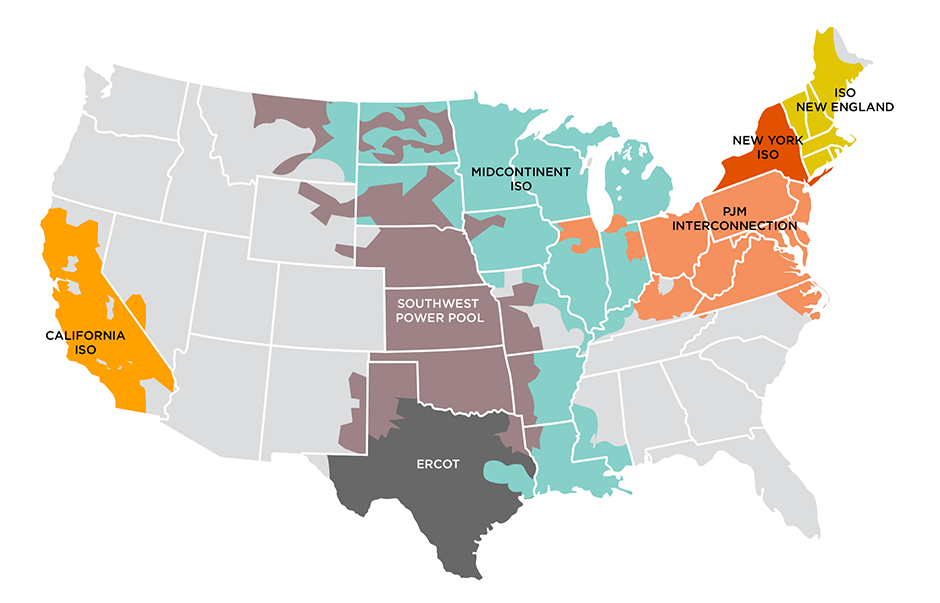Antioxidants, Vol. 13, Pages 1400: The Use of Antioxidants for Cardiovascular Protection in Fetal Growth Restriction: A Systematic Review
Antioxidants doi: 10.3390/antiox13111400
Authors: Charmaine R. Rock Suzanne L. Miller Beth J. Allison
Fetal growth restriction (FGR) increases the risk of cardiovascular disease. There are currently no treatment options available; however, antioxidants have shown potential to improve cardiovascular deficits associated with FGR. This systematic review aimed to determine whether antenatal antioxidant intervention can effectively protect the developing cardiovascular system in FGR. We searched for interventional studies that used an antenatal antioxidant intervention to improve cardiac and/or vascular outcomes in FGR published between 01/1946 and 09/2024 using MEDLINE and Embase (PROSPERO: CRD42024503756). The risk of bias was assessed with SYRCLE. The studies were assessed for cardiovascular protection based on the percentage of cardiac and/or vascular deficits that were restored with the antioxidant treatment. Studies were characterised as showing strong cardiovascular protection (≥50% restoration), mild cardiovascular protection (>0% but <50% restoration), an antioxidant-only effect (this did not include control group which showed a change with antioxidant intervention compared to FGR) or no cardiovascular protection (0% restoration). Thirty-eight publications met the inclusion criteria, encompassing 43 studies and investigating 15 antioxidant interventions. Moreover, 29/43 studies (71%) reported the restoration of at least one cardiac or vascular deficit with antioxidant intervention, and 21/43 studies (51%) were classified as strong cardiovascular protection. An ex vivo analysis of the arterial function in seven studies revealed endothelial dysfunction in growth-restricted offspring and antioxidant interventions restored the endothelial function in all cases. Additionally, four studies demonstrated that antioxidants reduced peroxynitrite-mediated oxidative stress. Notably, only 13/43 studies (32%) delayed antioxidant administration until after the induction of FGR. Antenatal antioxidant interventions show promise for providing cardiovascular protection in FGR. Melatonin was the most frequently studied intervention followed by nMitoQ, vitamin C and N-acetylcysteine, all of which demonstrated a strong capacity to reduce oxidative stress and improve nitric oxide bioavailability in the cardiovascular system of growth-restricted offspring; however, this systematic review highlights critical knowledge gaps and inconsistencies in preclinical research, which hinder our ability to determine which antioxidant treatments are currently suitable for clinical translation.

 1 week ago
12
1 week ago
12


